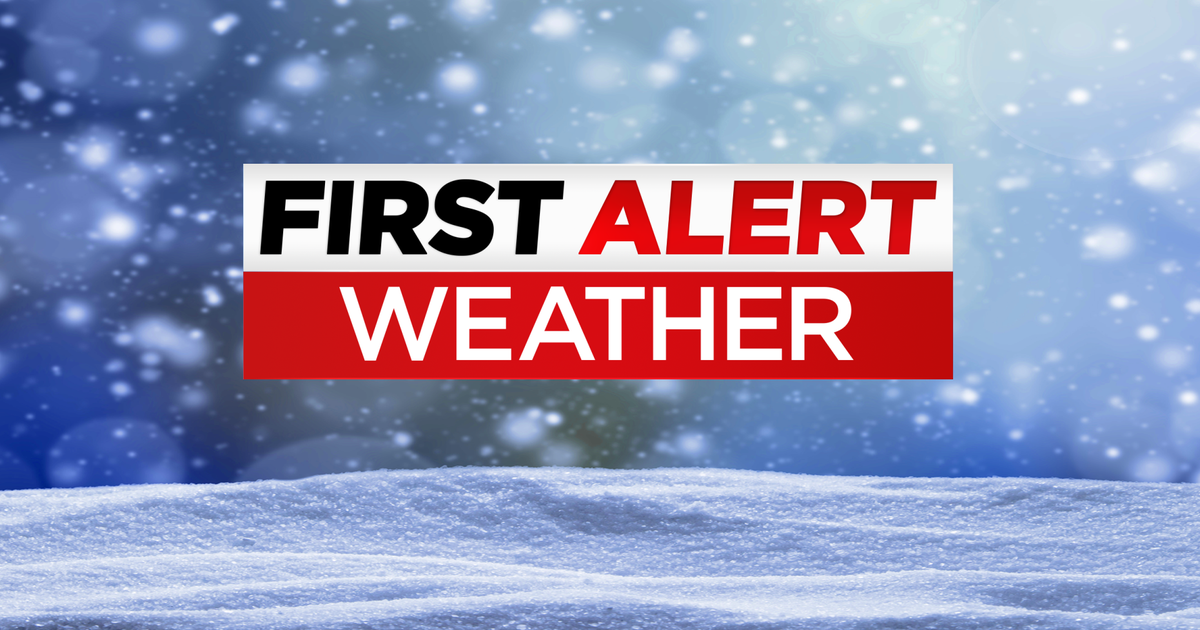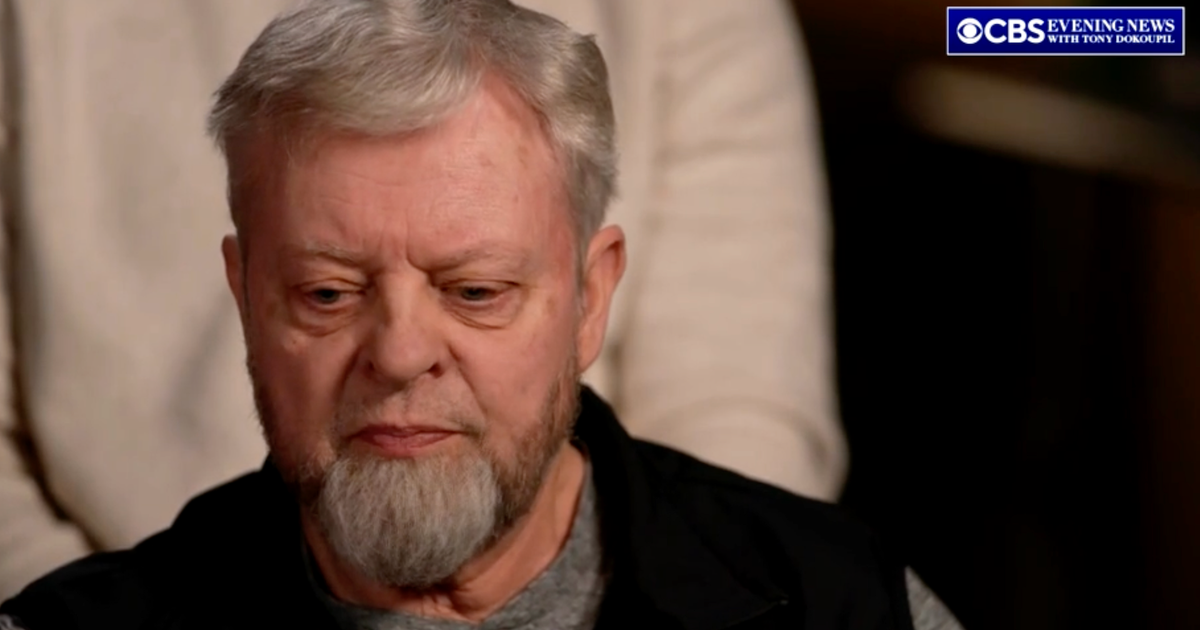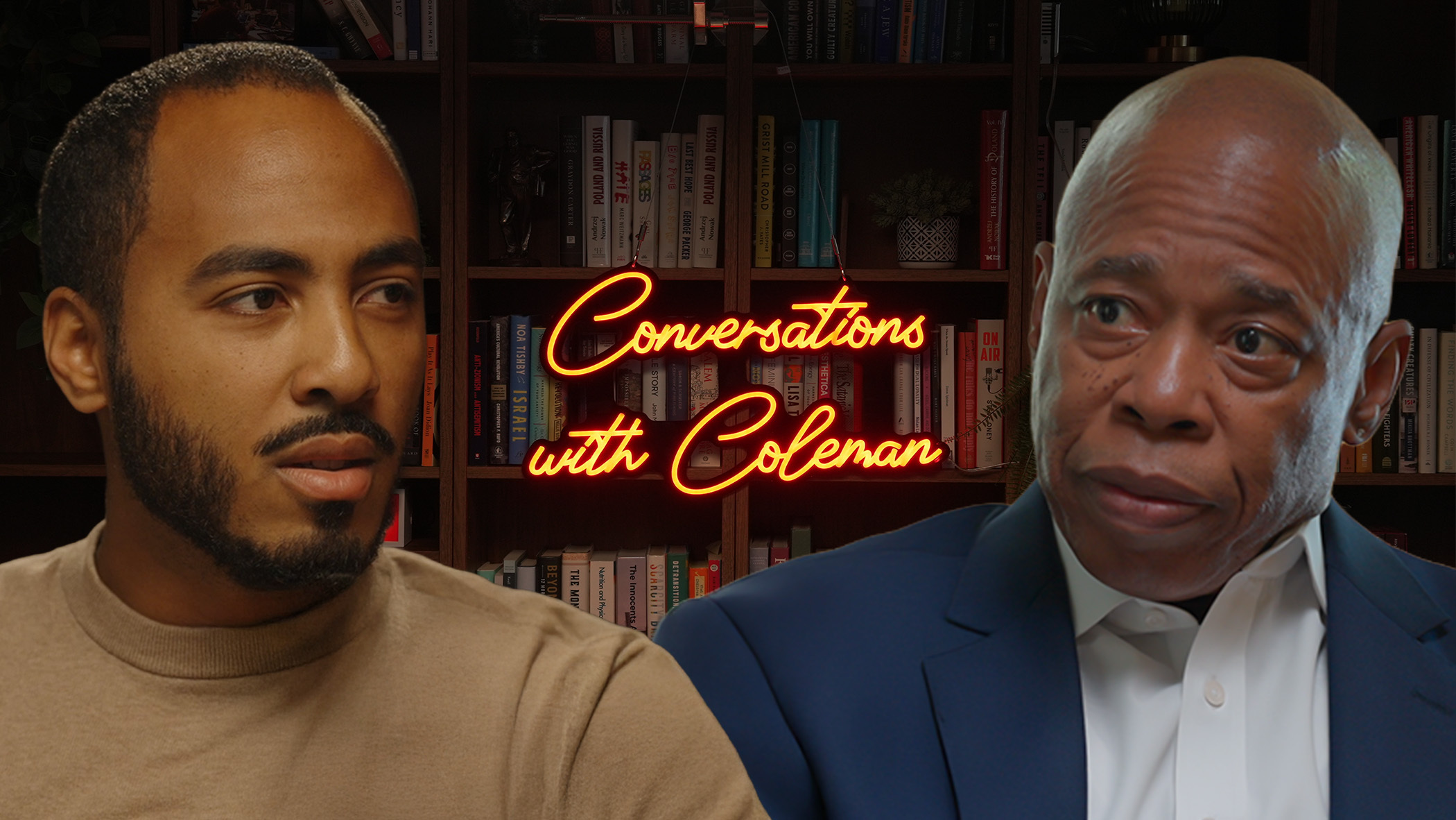Surgeon General Jerome Adams warns "everyone has to keep doing their part"
While the coronavirus pandemic continues to spread throughout the United States, there are encouraging signs coming out of even the hardest-hit areas, such as New York. However, the death toll is expected to continue climbing, and on Sunday, Surgeon General Jerome Adams warned during an appearance on Fox News that the coming week could be the "hardest and saddest" in many Americans' lives.
Adams spoke with "CBS Evening News" anchor Norah O'Donnell about what the weeks and months ahead could look like for various parts of the country.
Norah O'Donnell: New York Governor Andrew Cuomo on Monday said the data shows a possible flattening of the curve over the past few days. Does flattening mean that we will soon see a decrease or does it suggest there is a plateau in the cases?
It does mean that we will soon see a decrease, but we know that everyone is going to be on a different curve. So, this is the first glimmer of hope for New York, New Jersey, and we hope that the trend continues. But it's going to mean that everyone has to keep doing their part.
Does that mean if we are beginning to see the flattening of the curve that we may not reach that projected number of some 100,000 deaths?
I am hopeful that we won't reach that peak, and I'm hopeful because the projections that we have been working with were based on data from other countries. We are seeing more and more data come in from the United States and that's been forming these projections in a new and better way.
You said this is going to be the hardest and saddest week of most Americans' lives.
I think more Americans are starting to get it because they're hearing about loved ones, family members and friends who are getting COVID-19, who are dying from COVID-19, and I'm no exception.
You see all of the data, which cities are the next hot spots?
Well, we know New Orleans has not hit their peak yet. They're a hot spot. We know that Michigan is really struggling, particularly in the Detroit area. We know that southern Florida, and I have talked with Governor there, is a hot spot.
And from a supply point of view, we send a lot of our supplies and resources to New York. Once they hit their peak, they will be redeployed to other areas, and we ultimately can't afford to have 15, 20, 30 hot spots at once because that could overwhelm our ability to be able to respond.
How soon could we have a therapeutic in the hands of our caregivers?
Well I've talked with Dr. Fauci and he feels good that within weeks to months we will have efficacy data on therapeutics. But I would actually push back just a little bit, Norah. I don't think that this epidemic is going to be ended by a miracle drug or therapeutic.
You're not going to treat your way out of this problem. You're not going to supply or ventilate your way out of this problem. The way we get out of this problem is by lowering demand. It's by good old-fashioned public health. I don't want people to take their eyes off the fact that the most important thing right now is mitigation and social distancing and good hygiene.



